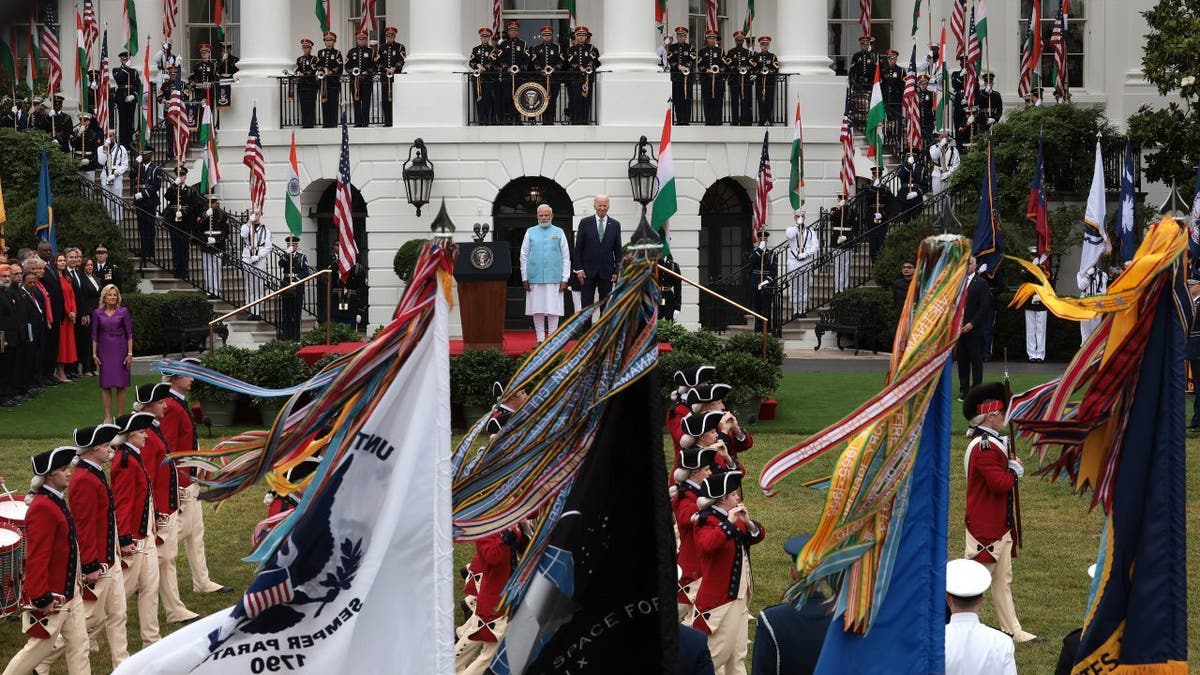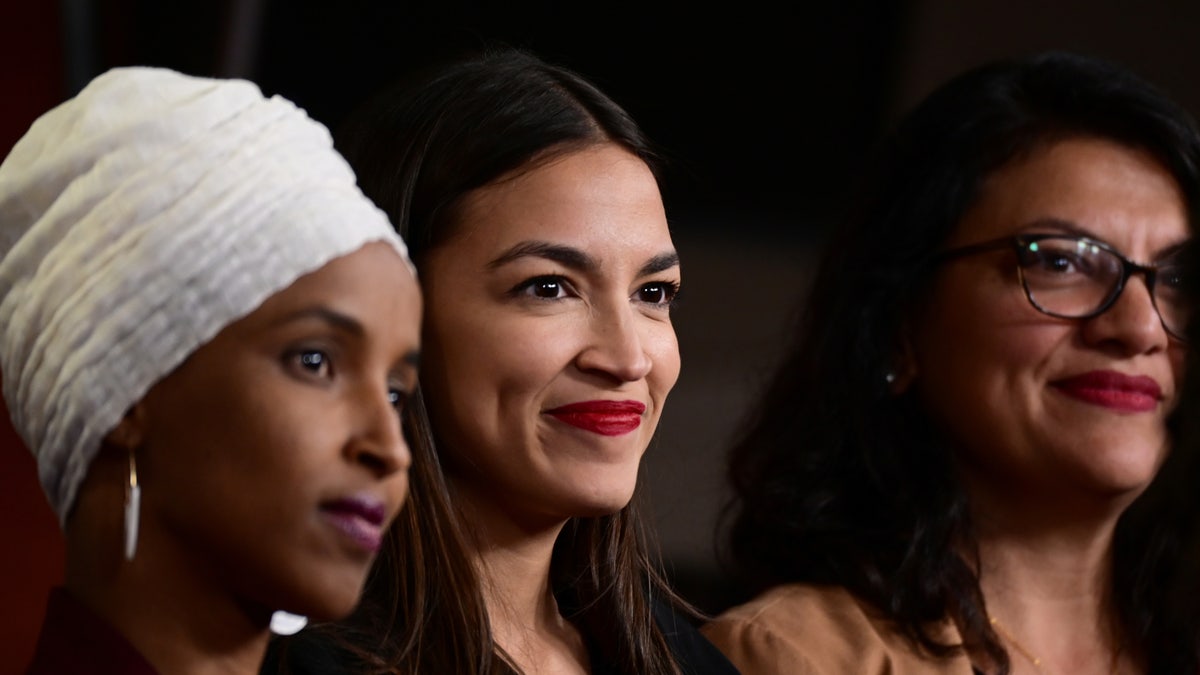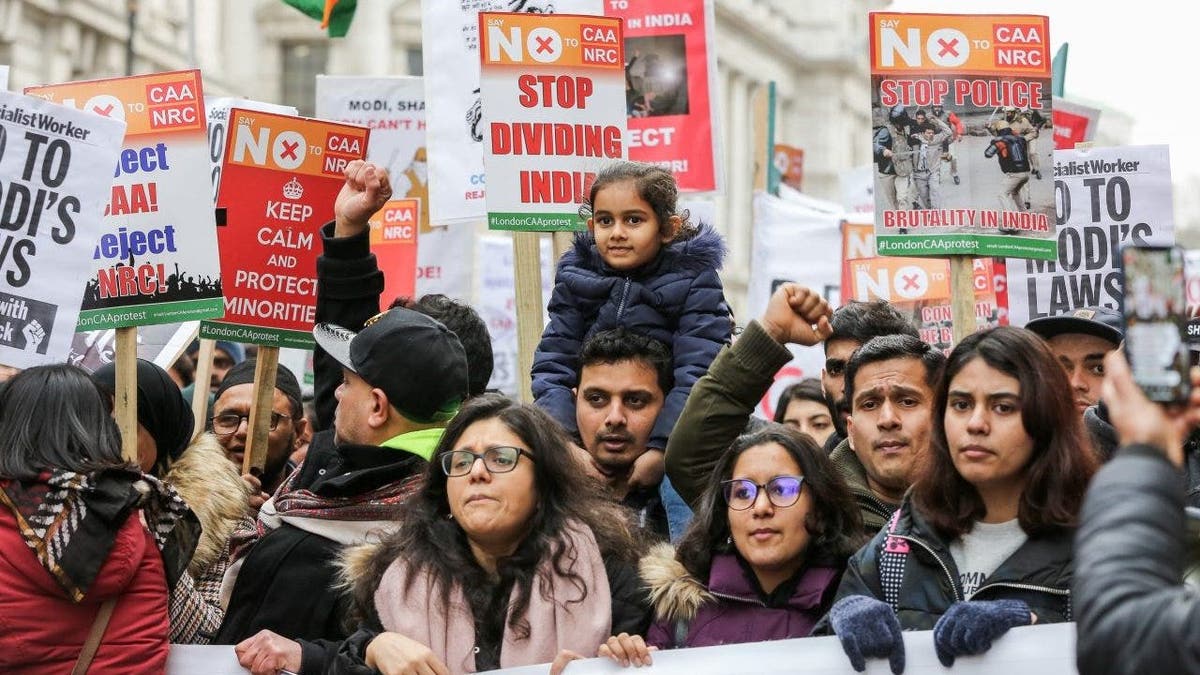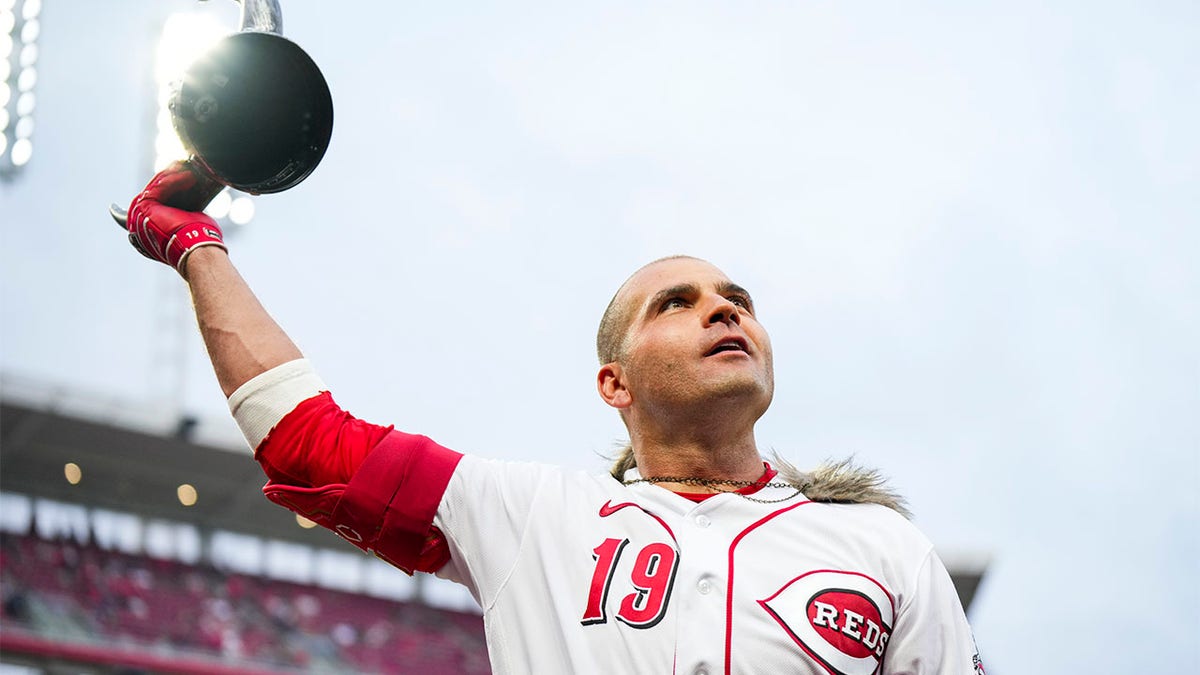Indian Prime Minister Narendra Modi's address to the U.S. Congress sparked controversy as several Democratic representatives announced their intention to boycott the event, citing concerns over Modi's human rights record. Rep. Ilhan Omar criticized the Indian government's treatment of religious minorities, journalists, and human rights activists. She also questioned Modi's reliability as a geopolitical ally, highlighting his economic ties with Russia.
This boycott drew criticism from Atif Rasheed, president of the Pasmanda Muslim Mahaz, who accused Omar of misrepresenting India. Rasheed defended Modi's leadership, stating that he enjoys religious freedom and equal access to resources in India. Republican presidential candidate Nikki Haley also condemned the boycott, aligning the protesting representatives with Palestinian terrorists and socialist dictators.

Omar responded to the criticism by reiterating her concerns about India's democratic values and highlighting specific instances of alleged human rights violations, including an anti-Muslim citizenship law and the revocation of autonomy from Kashmir. She argued that human rights should be central to foreign policy, regardless of geopolitical considerations.
Reps. Rashida Tlaib, Alexandria Ocasio-Cortez, and Cori Bush joined Omar in boycotting the address. Rep. Jamaal Bowman also condemned Modi's appearance before Congress. Siddhartha Dubey, a professor at Northwestern University, supported the representatives' decision, suggesting that the U.S. has prioritized strategic and economic interests over human rights concerns in its relationship with India.


Despite the controversy, Modi emphasized India's growing global influence and its rightful position on the world stage. India's membership in both the QUAD and organizations led by China and Russia highlights the country's complex geopolitical position.








